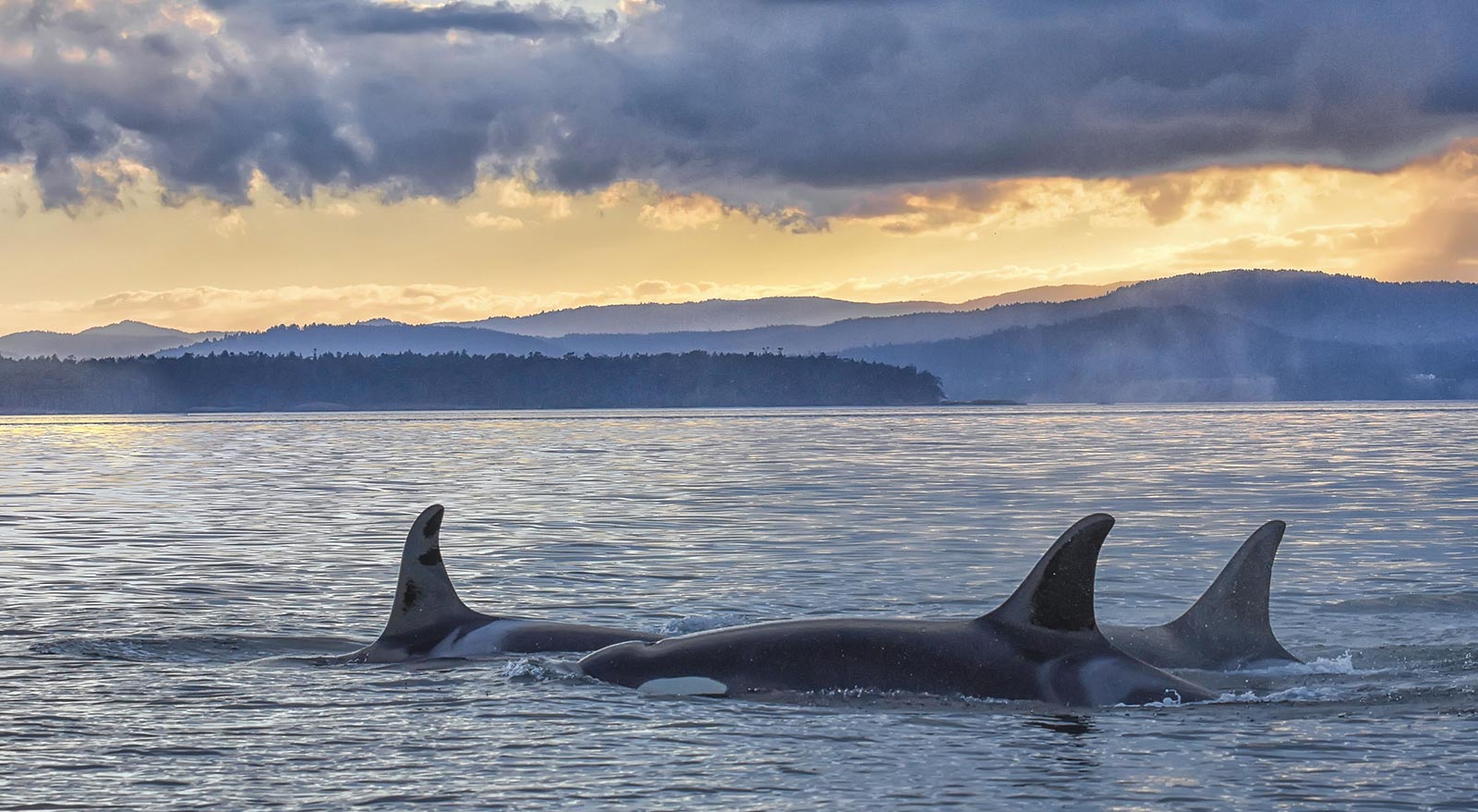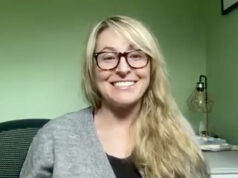On Thursday, April 4th, Q13 Fox ran a special on our Southern Resident Killer Whales. For those of you who may not know, fighting for these icons of the Pacific Northwest has been a huge part of my life. Growing up in Anacortes as I did, as a small child I had the privilege of being surrounded by them on our many weekend boat adventures. Now sadly, it’s a very different world.
Needless to say, if you haven’t seen it yet, you can catch this five-part series HERE.
I have been on the board of Orca Conservancy for many years and served as President of the organization from 2005-2007. Watching this, I am heartbroken all over again for what has happened to our beautiful Salish Sea and the orcas that live here.
We in Greater Puget Sound need to wake up NOW, or we will lose this endangered population, and the problem is literally deeper than this. As apex predators, if they are failing, it means the eco-system beneath them are also failing. Every single one of us need to realize that if we all don’t step up to save the Salish Sea, we as a population will face dire consequences, and we will leave behind a devastating legacy for our future generations.
We can no longer kick the can down the road and not address this issue. What we do TODAY as a community- we all can help. The time is NOW. As the saying goes…
Extinction is Forever.
Endangered Means There is Still Time.
So that said, and this being Aging in Place month, I would like to share with you every day habits that we ALL can develop, right here, today that will make a difference in the environment that we live in. When you are caring for your senior loved one, find ways to also help them become more sustainable in their lives as well.
You Can Be Their Voice.
Ten Everyday Tips to Help our Endangered Southern Resident Killer Whales
- Live Sustainably: Reduce Waste and use of Plastic Containers and straws. Voice your concern to local food service restaurants where you live, if you see them using plastic straws, Styrofoam, or non-compostable containers. Today there are many options to choose from that help the world that we live in. Also- reuse items or buy second hand. Recycle passionately!
- Be a Watchdog! Pick up Trash! Even if it’s not your own. Chances are that remnants of it will end up in some way in the ocean. Turn off lights in rooms that aren’t being used. Go paperless as much as possible! There is no need any more to print documents that can live on your phone or in the cloud. Help Your Workplace! Are there things that can be done better at work? Does your workplace recycle? Do you have timers on the lights in rest rooms? Do you have motion detectors in conference rooms and other less used rooms? Simple changes can reduce the use of valuable energy resources!
- Devote One Day Per Year to a Beach Cleanup. Just One Day. Gather with friends and make a difference in your neighborhood. If you want to join one already happening, reach out to our website! We make efforts to post beach cleanups going on around the area.
- Don’t Eat Farmed Salmon. That means no “Atlantic” or “Norwegian” salmon. Make sure to ALWAYS ask the restaurant you are eating at, if the salmon you are ordering is wild caught. Why? The net pens that are being phased out in the Salish Sea are full of hundreds of thousands of fatty, diseased, and drugged salmon. Not only are they swimming in and consuming their own feces, they are also sending out their toxic waste into our own eco-system! By not eating farmed salmon, you are sending a clear message that these net pens must be eliminated from our waters.
- Scoop the Poop. Dog feces can make salmon streams toxic.
- Don’t Wash your Car in your Driveway. Go to a car wash that recycles wastewater. The grit from your car (soap or not) goes into the storm drains, and ends up in the ocean! This grit is full of toxins that are harmful to the critical habitat that we live in.
- Write your State Representatives and Senators. Support sensible Legislation that focuses on Southern Resident Killer Whale’s recovery efforts. If you have questions about any pending legislation, reach out to us at OrcaConservancy.org.
- Use Canvas or Reusable Grocery Bags. If we all shopped with reusable bags, we would divert more than 500 BILLION plastic bags from landfills every year!
- Educate Your Children. It’s their future at stake. Teach them sustainable practices.
- Use Social Media for Good. Inspire your followers to #BeTheirVoice! Post articles and content to educate the world around you. Pay attention to what is happening this summer.














